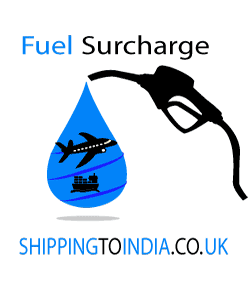General Familiarity With Fuel Surcharge For Freight

Fuel surcharge is involved in almost every method of transportation on top of the base rate; be it air, road or sea.
In the olden days of Logistics industry, the fuel surcharge to the freight tariff card was an odd component, as then the trade was only rolled on a single pricing on goods that were shipped across the borders. But with the time, the pricing structure has seen many erratic phases along with the evolving demands of the industry and varying crude price.
The Fuel Surcharge saw its dawn in the industry with the introduction of weight-based charging system. And with the skyrocketing fuel charges in the international crude oil market, transporters plonked ways out to get back these additional expenditures.
What they did was, they put in a sliding charge to the basic price that customized to budge in the market, but at the same time that was not flexible. As a result, negotiations were only applicable to the base charges, and leaving the fuel surcharges a non-negotiable component.
Further, itemization of the price of fuel, lend a hand to the carriers in moderately steadying their base rates, for the base rates generally sees its amendments just the once in a year.
Relying on the international oil market, fuel surcharge tend to change with the slightest of fluctuations in the market prior any notice, perhaps in a month’s time, hence it is something for patrons to make a note of while planning their delivery– both international and domestic.
Based in Atlanta BirdDog Solutions is a shipping consultant, and according to their robust data base, surcharges jumped down brusquely in the last year, as their system experienced a low fuel prices workings over the stretch of the pervious twelve months.
Fuel surcharge have been dropping in the present scenario–thanks to the fall in prices of crude oil, but this dip is wobbly. It is vital to gather the information on the prices prior booking of cargo.
